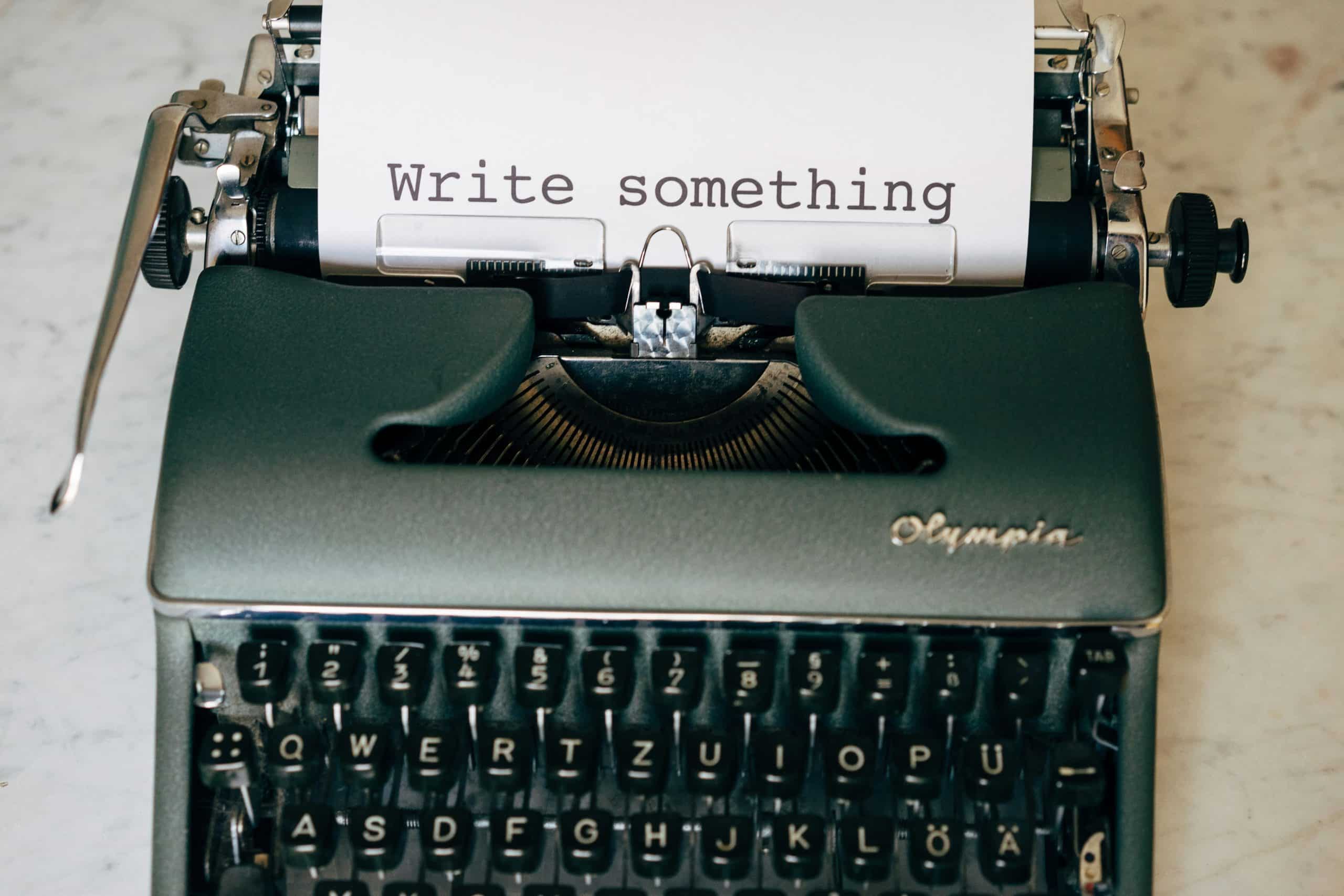
Love it or loathe it, Artificial Intelligence (AI) is here to stay – and it’s getting harder to ignore. From how we generate and consume content to how industries operate and innovate, AI is reshaping the world around us. It’s making waves across sectors from media to science, transforming not just the headlines, but the way we live and work. Each month, our ‘AI Digest’ breaks down the biggest stories in the sector, exploring their broader impact on brands, industries, and everyday life.
AI vs. Creatives: Copyright Battle Heating Up on Both Sides of the Atlantic
The conflict between AI developers and the creative industries is escalating, fast, focused om one key issue: copyright. In the US, the debate revolves around ‘fair use’ – a legal principle that allows copyrighted material to be reused without permission if the new use is ‘transformative.’ In simple terms, the material must serve a different purpose or add new meaning.
In the UK, meanwhile, the equivalent is ‘fair dealing’ – a much narrower legal concept. It only allows reuse of copyrighted material for specific, limited purposes such as research, criticism or reporting.
AI companies rely on huge volumes of data to train their models, much of it pulled from the internet, and often without the knowledge or consent of the original creators. Yet, that practice is now being questioned in courts and parliaments around the world.
In the US, tensions rose this May when US President Donald Trump abruptly fired the head of the US Copyright Office, just one day after the office revealed a report stating that training AI on copyrighted content may not be protected by fair use. The report’s findings could have sweeping implications for AI giants like OpenAI and Meta.
Across the pond, the UK government is under mounting pressure to clarify its stance. Officials have proposed legislative changes as part of the Data (Use and Access) Bill, that would allow AI developers to train on copyrighted works by default – unless creators actively opt out. However, this proposal has faced fierce opposition, especially in the House of Lords, which has now rejected the plan for a fifth time.

Creative industries are increasingly taking matters into their own hands. June has seen a wave of legal action. Disney and Universal have sued AI firm Midjourney, accusing it of generating ‘innumerable’ copycat images of iconic characters, from Frozen’s Elsa to Star Wars’ Darth Vader. Meanwhile, the BBC has threatened to take legal action against AI company Perplexity, which it claims is reproducing BBC content verbatim without permission.
However, the battle over AI and copyright is far from one-sided. This month, a US judge ruled that the use of books to train AI models does not violate US copyright law. The decision came in response to a lawsuit filed last year by three authors against AI firm Anthropic, alleging their works were used without consent to train its Claude AI model. In his ruling, Judge William Alsup stated that the use was ‘exceedingly transformative’ and therefore permissible under US law. Meta also recently won a similar lawsuit filed by a group of authors.
Legal outcomes like this will ultimately shape the future of the debate. But as Getty Images Chief, Craig Peters, has warned, the cost of fighting these battles is staggering – with a single case running into ‘millions and millions’. As litigation mounts, a pressing question looms: will smaller creative industries be overwhelmed by the financial and legal might of the AI giants?
AI Crossroads: Trump Charges Forward as Starmer Holds Firm on AI strategy
As AI dominates political agendas, the US and UK are taking different approaches to shaping its future. In the US, Trump has proposed a ten-year ban on individual states regulating AI models. Included in the broader ‘one big, beautiful’ budget bill, the measure aims to streamline development to outpace China in the global AI race, and has been backed by major tech companies. However, it has sparked strong debate over where the pendulum should swing – towards rapidly accelerating technological progress or towards establishing regulatory safeguards to ensure responsible development.
In the UK, AI policy took center stage during London Tech Week. Prime Minister, Sir Keir Starmer, shared the stage with Nvidia Chief Jensen Huang to discuss the nation’s AI ambitions. Huang praised the UK for its pool of AI research talent but voiced concern over the lack of supporting infrastructure – a clear challenge for Starmer’s promise to make the UK an ‘AI maker, not an AI taker’.
Despite these concerns, June has brought a flurry of developments aimed at strengthening the UK’s AI ecosystem. AI cloud providers Nscale and Nebius announced new data centers in the UK, while Nvidia revealed plans to open a new AI Technology Centre in Bristol. This new hub will train developers in areas such as robotics and machine learning. Critically, the UK government has also committed an additional £1 billion to further develop the UK’s AI Research program – aiming to expand compute capacity a minimum of twenty-fold by 2030.
It’s a bold vision, and one that signals the UK’s intent to be a serious player in the global AI race. But with China accelerating fast and the US moving aggressively, the UK’s challenge will be to turn potential into performance.
Looking Ahead
June has been a pivotal month in the global conversation on AI, highlighting how both the UK and US are juggling innovation, regulation and ethics. The global AI race will inevitably produce winners and losers, both across nations and industries – but the real question is: who will lead, and at what cost?
Image: Unsplash / Markus Winkler